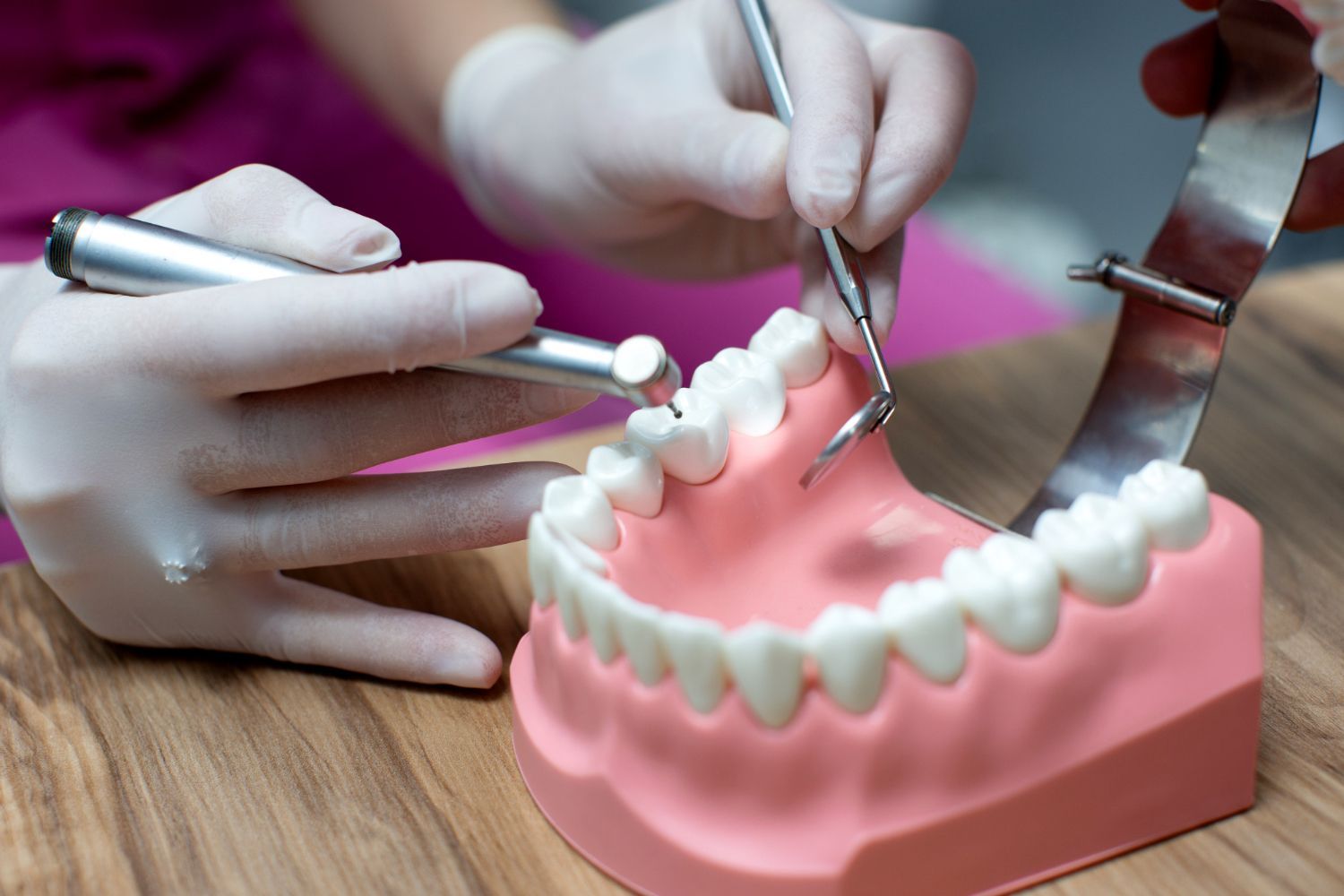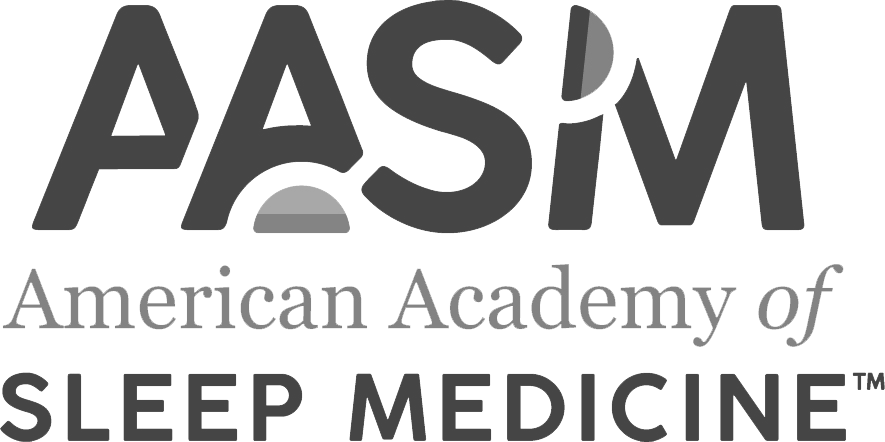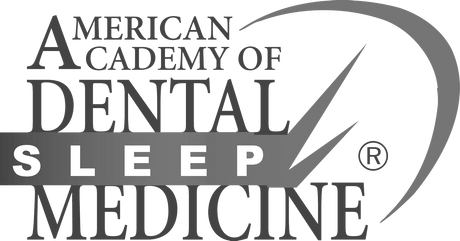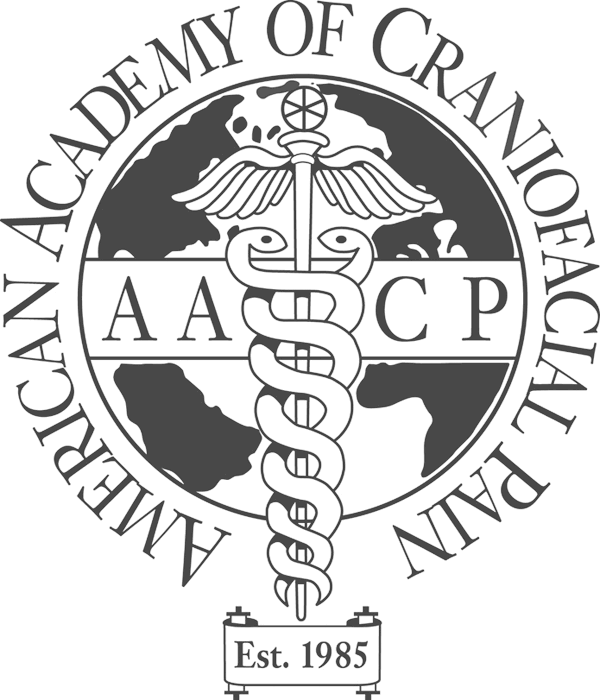TMJ Symptoms and Treatment Approaches

Experiencing discomfort in your jaw or frequent headaches can be more than just a minor inconvenience, they could be signs of TMJ disorders. The temporomandibular joint is like a hinge connecting your jaw to your skull, helping with essential functions such as talking and chewing. When this joint isn't working right, it can lead to a host of issues that might disrupt your daily life. Understanding the symptoms and knowing about the available treatments can make a significant difference for anyone dealing with TMJ disorders.
Dr. Fay and Dr. James Fay, well-known experts, have extensive experience in treating TMJ disorders. They focus on diagnosing the problem accurately and providing tailored solutions. By knowing what to look for and understanding the treatment path, you can take steps towards alleviating the discomfort and improving your quality of life.
Understanding TMJ Symptoms
TMJ disorders often come with a variety of symptoms that can affect daily activities. One of the most common symptoms is persistent jaw pain. This discomfort can range from a dull ache to a sharp pain, intensifying when you're eating or talking. It's not just the jaw; headaches are another frequent companion of TMJ disorders, and they can sometimes mimic tension or migraine headaches.
You might also notice:
- Clicking or popping sounds when you open or close your mouth
- Jaw locking, making it difficult to open or close your mouth fully
- Discomfort that extends to your ears or neck
- Difficulty in chewing or a sudden, uncomfortable bite
These symptoms do more than just cause pain; they can interfere with simple joys like eating favorite foods or even having a conversation. Left unchecked, TMJ issues can gradually worsen. That's why recognizing these signs and addressing them early is important. Dr. Fay and Dr. James Fay emphasize understanding these symptoms for timely intervention, making it easier to adopt effective treatment strategies.
Diagnosing TMJ Disorders
When it comes to diagnosing TMJ disorders, a thorough approach is crucial. At Paget Dental, Dr. Fay and Dr. James Fay take pride in their diagnostic process. They start with a detailed discussion about the symptoms you're experiencing, focusing on when they started and how they've evolved. This helps create a clear picture of what's happening with the temporomandibular joint.
The assessment often involves:
- Physical examination of your jaw while you open and close your mouth
- Checking for signs of tenderness or swelling
- Using imaging tests like X-rays to get a better look at the joint and surrounding tissues
This careful examination is essential in understanding the underlying causes of the discomfort. By pinpointing what's wrong through these assessments, Dr. Fay and Dr. James Fay can propose a personalized treatment plan that addresses the root of the problem, rather than just the symptoms.
Treatment Approaches for TMJ
Once TMJ disorders have been diagnosed, understanding the available treatment options becomes key. Dr. Fay and Dr. James Fay offer a range of treatments that cater to the specific needs of each individual, ensuring that every patient receives care that suits their unique condition.
Here are some common treatment approaches:
- Non-Surgical Treatments: Often the first line of defense, these include physical therapy, medications to relieve pain and inflammation, and oral splints or mouth guards to reduce jaw tension.
- Surgical Options: In more severe cases, surgery may be considered. Procedures like arthroscopy or open-joint surgery work to correct problems within the joint itself, though these are typically pursued only after other treatments prove insufficient. Please note that not all treatment options mentioned are available at our clinic. Please book a consultation to see what option works best for you.
Personalizing the treatment plan is crucial. Dr. Fay and Dr. James Fay focus on understanding the severity of the disorder and how it impacts the patient's life. They strive to ensure that every avenue for relief is explored, tailoring the approach to not only ease symptoms but also improve overall quality of life.
Managing TMJ Symptoms at Home
While professional treatment is important, taking steps at home can help manage TMJ symptoms effectively. Here are some practical tips:
- Lifestyle Changes: Reducing stress through activities like yoga or meditation can significantly help in alleviating symptoms. Avoiding chewing gum and eating soft foods may also reduce strain on the jaw.
- Exercises and Stretches: Simple jaw exercises can ease tension, improve flexibility, and strengthen the muscles around the jaw joint. Gradually increasing the range of motion can be beneficial.
- Stress Management: It's important to recognize when stress affects your jaw and find relaxation techniques that suit you, whether through breathing exercises or hobbies you enjoy.
A key aspect of this home management strategy is professional oversight. Dr. Fay and Dr. James Fay encourage patients to use these methods under their guidance to ensure that at-home care complements professional treatment, providing a balanced approach to managing TMJ disorders.
Finding Relief and Support
Seeking support from experienced professionals can transform the way you manage TMJ symptoms. Professional care provides insight and strategies that are tailored to your specific needs. By combining in-office treatments with at-home practices, you can make a significant impact on your comfort and daily life.
Dr. Fay and Dr. James Fay stand ready to guide you through the complexities of treating TMJ disorders. Their expert approach focuses on understanding and meeting the needs of each patient, providing a foundation for ongoing health and comfort. As you explore solutions, remember that you are not alone; help is available to guide you through this journey, making each step towards relief a little easier and more informed.
For anyone grappling with TMJ symptoms, receiving professional guidance can make all the difference. At Paget Dental, Dr. Fay and Dr. James Fay offer an expert approach that prioritizes understanding individual needs and creating effective solutions. If you're ready to ease the discomfort and reclaim your daily life, explore our available
TMJ treatment options, and start your journey toward relief today.














